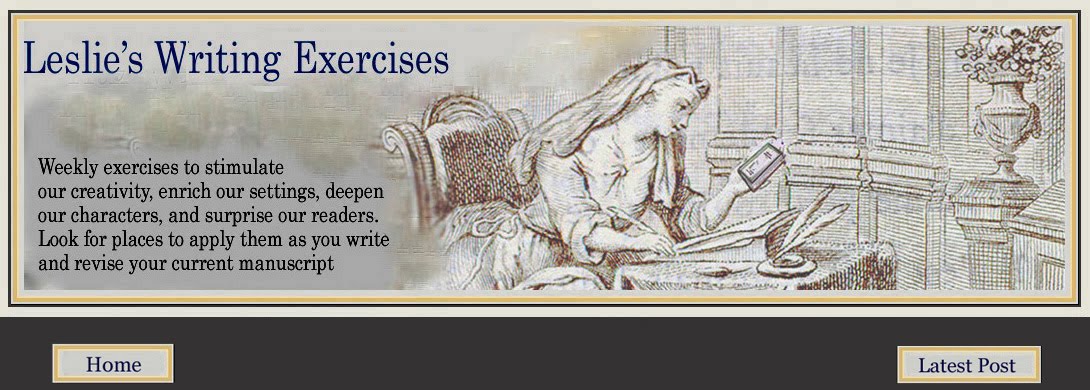~
Here's an exercise almost everyone can use: How to give the reader a sense of movement through space and time as your characters travel from one destination to another. In The Folding Star, by Alan Hollinghurst, two friends leave the city in a convertible to drive to a beach house several hours away. As they leave the city and head for the coast you can almost feel the wind in your hair and the city disappearing in the rearview mirror behind you:
I panicked again under the huge sweep of sky that opened up. The city was suddenly behind us; I looked back, and above the warehouses and estates the cluster of extravagant towers rose into view again; they became the city; then they dwindled and were blurred in haze. We were leaving fast, the engine was shouting, the wind tore over the windshield and whipped the hair about on top of my head. I wanted to be back where we'd come from…
There was a certain brown obscurity in the sky ahead, like rain falling out to sea. Matt was wearing bottle-green dark glasses and frowned as he drove. A few miles later it lifted and dissolved; and the further we went the more radiant and old-masterly the air became, so that the whole mad, worrying escapade began already to feel out of time, steeped in a dream-ether of its own.
In Jeffrey Eugenides' Middlesex, the main character describes a carpool ride to school in seventh grade:
I'm looking out the window [of the station wagon] while Mrs. Drexel's cigarette uncoils a rope of smoke. We head into the heart of Grosse Pointe. We pass long, gated driveways, the kind that always fill my family with wonder and awe… We rumble past privet hedges and under topiary arches to arrive at secluded lakefront homes where girls wait with satchels, standing very straight. They wear the same uniform I do, but somehow it looks different on them, neater, more stylish. Occasionally there is also a well-coifed mother in the picture, clipping a rose from the garden.
And again, a couple of months later:
The car is full of girls. Mrs. Drexel is lighting another cigarette. She's pulling up to the curb and getting ready to lay a curse on us. Shaking her head at the view -- of the hilly, green campus, the lake in the distance -- she says, "Youse girls better enjoy it now. Best time of life is when you're young." (At twelve, I hated her for saying that. I couldn't imagine a worse thing to tell a kid…"
I love how those authors show us more than just movement through a particular setting. They give us their characters' emotional reactions to the experience as well.



No comments:
Post a Comment
Thanks for sharing your thoughts...